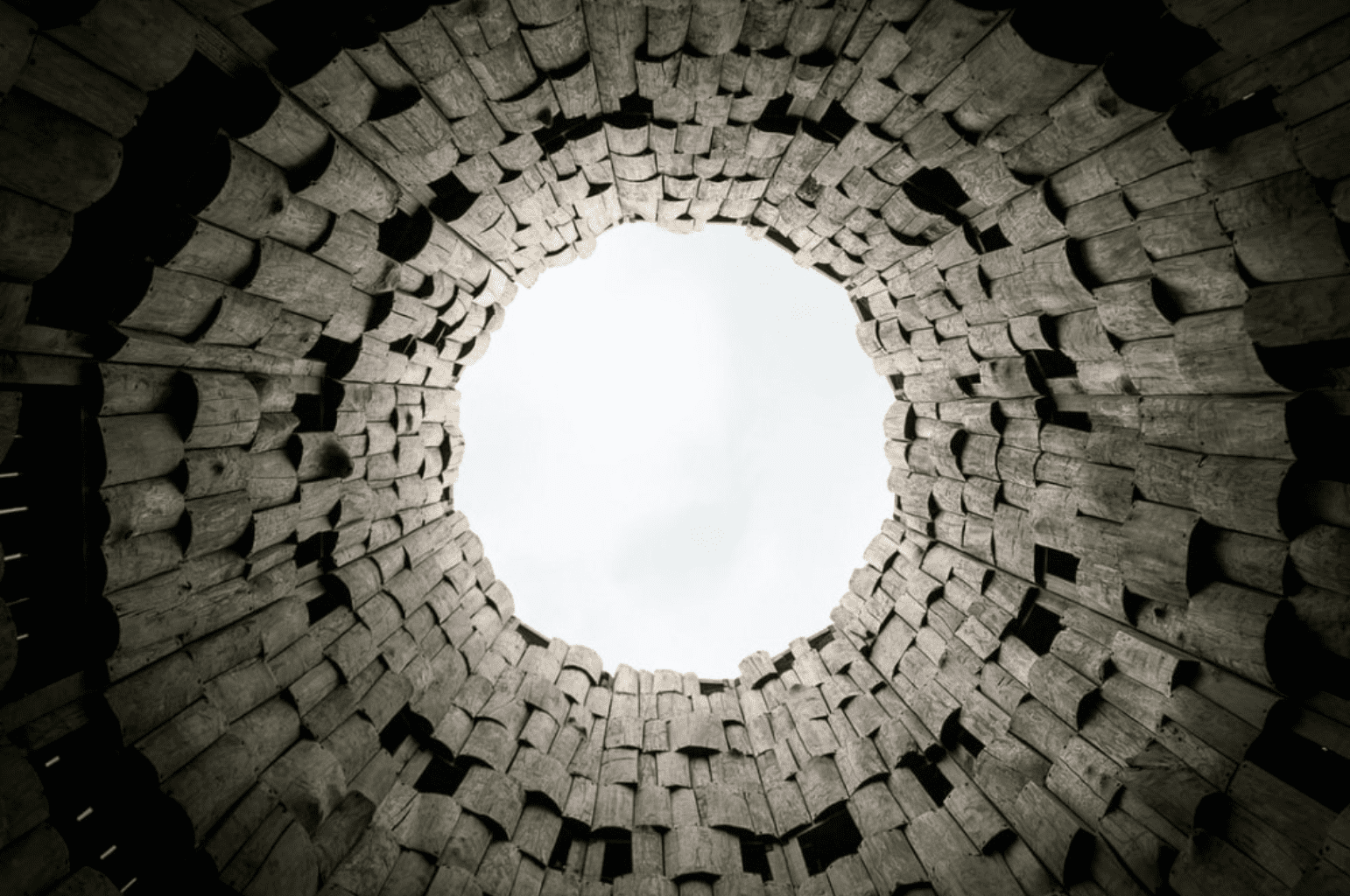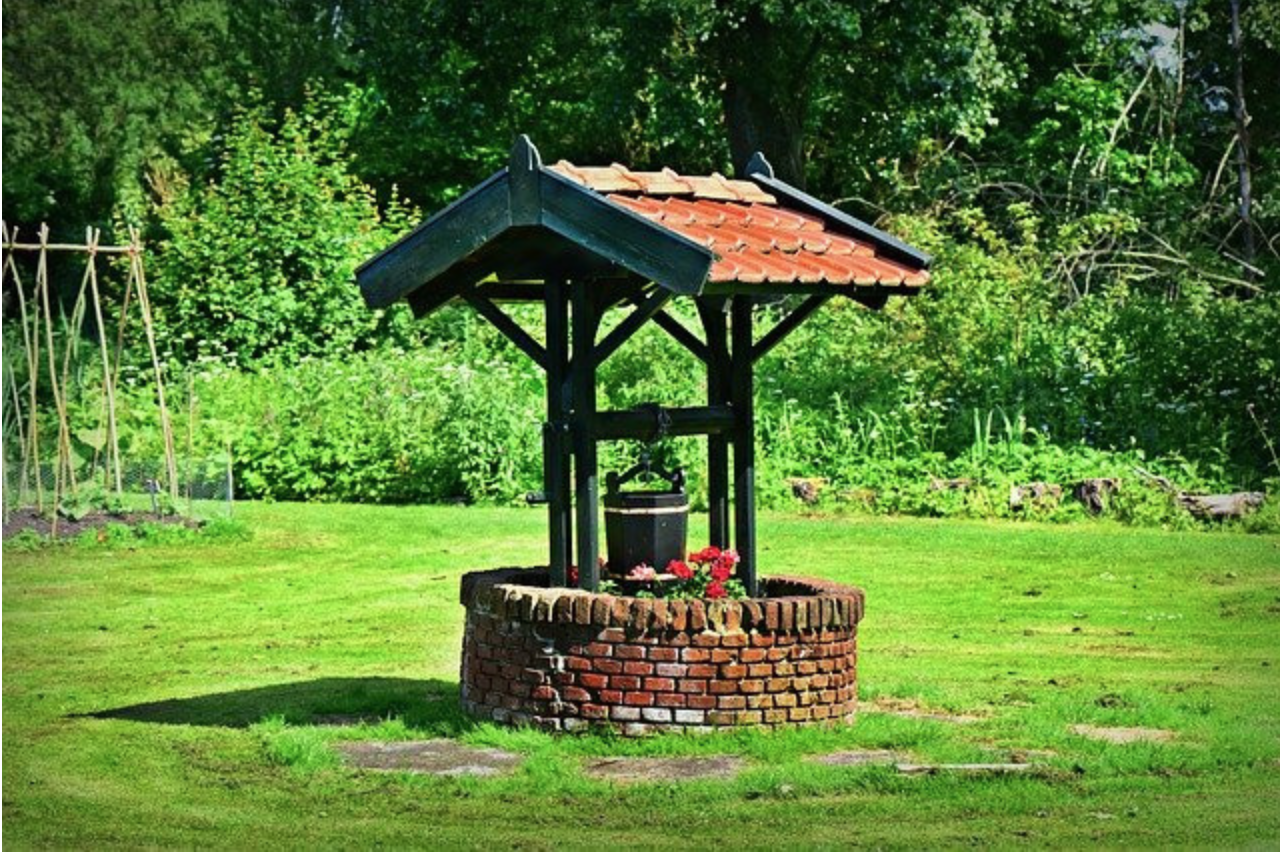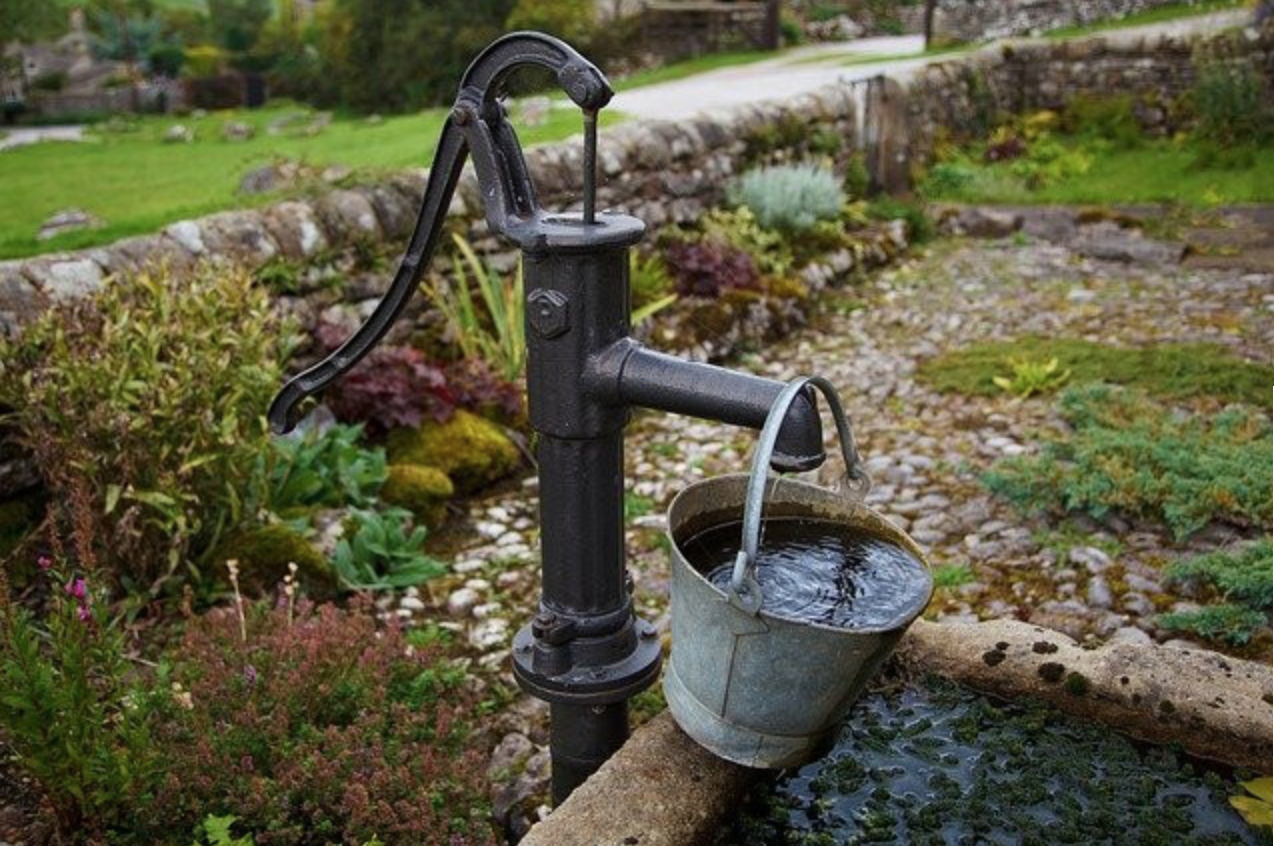Choosing between well water and city water may seem like a hard task. Water is an essential element used by people daily, and before making any decisions, it would be wise to study both systems’ advantages and disadvantages.
While well water is cheaper and rich in nutrients, it may also be polluted, and you must pay for all the maintenance costs. City water is regularly tested for quality, and the city mostly covers maintenance costs. On the other hand, it can be expensive and potentially turned off without prior notice.
As you may know, my wife and I recently purchased a new house in Lewes, Delaware. The house came with a well instead of city water, which I think is so idyllic. The last time I heard about someone having a well as part of the house was when I visited my grandfather when I was a kid in Granada, Spain. I thought it was so cool!
It turns out that having a well is not that unusual in Delaware. About 20 percent of Delaware residents get water from private wells installed on their properties.
As cool as I think having a well is, it’s new to me and want to learn more about it. The main question I want to answer is the pros and cons of having a well vs. city water. I have done serious research about the topic, and this is what I have learned.
Well Water Basics
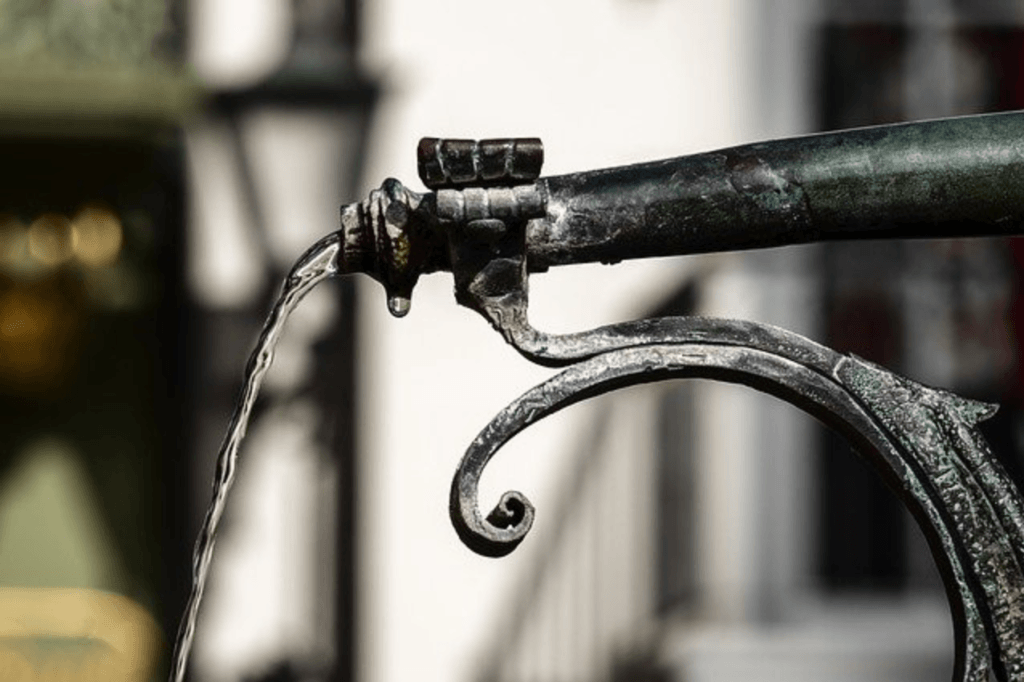
Wells can be drilled and built on your property to have a private water source, which is not dependable on the city water system. In my case, I didn’t have a choice as my house came with a well built already. I was actually wondering if can run out of well water.
To be sure this has nothing to do with a sewer system. You can have a city sewer or a septic system, regardless of the water supply.
If you are considering building a well, you will have to drill to a certain depth to reach the water. Then, the well needs a lining on the inside walls to prevent soil from collapsing and contaminating the water.
Depending on the depth, the well will be equipped with a pump, which can be a jet pump or a submersible pump. You will also need a water tank and a pressure switch.
Well water was the only available system through history, and many homeowners prefer to use it today. In some remote rural areas, it is still the primary source of water.
You need to know how the system works to recognize any flaws or irregularities. Understanding your well maintenance needs is essential as you are responsible for it, especially if a well is the only water source you have like me.
Well Water Pros
These are the key advantages of a private water supply system:
- Well water comes at a lower cost
- Rich in nutrients and minerals
- Not chemically treated
- Less affected by natural disasters
- Not influenced by the city water distribution cuts
- Better taste if the water is clean
- It can add value to your property, especially if you have access to city water too
- Dependable and reliable
Water from the well comes from deep soil layers. Those layers serve as protection from above ground influences and also as a natural water filtration system. Most of the time, people think only about the water they consume and forget about showering, washing clothes and similar usage. Clean water can be beneficial for your skin and outer appearance too.
Reading this list may urge you to drill a well instantly, but there are some disadvantages to this system.
Well Water Cons
Before you build a well, keep in mind that you will need a permit to do so in most cases. Once you have constructed the well, you will not be able to build anything else around it, as the clearance area must be respected. If you are ready to overcome this problem, keep in mind that well water comes with more than one disadvantage:
- Well water is dependable on electrical power system
- Water could get polluted by chemicals, animals, bacteria or even human waste
- Maintenance is your responsibility, as well as the cost of it
- High initial costs (building the system)
- Checking for water quality and testing it is your responsibility
- Detecting pollutants can be hard, and it may badly influence your health
- Poor water quality (acidic or hard water) may occur
- Severe drought may dry-out your well
When conducting tests or more complicated maintenance work, it is advisable to contact experts. That service may come at a higher cost, but it will ensure quality work and safety in the long run.
City Water Basics
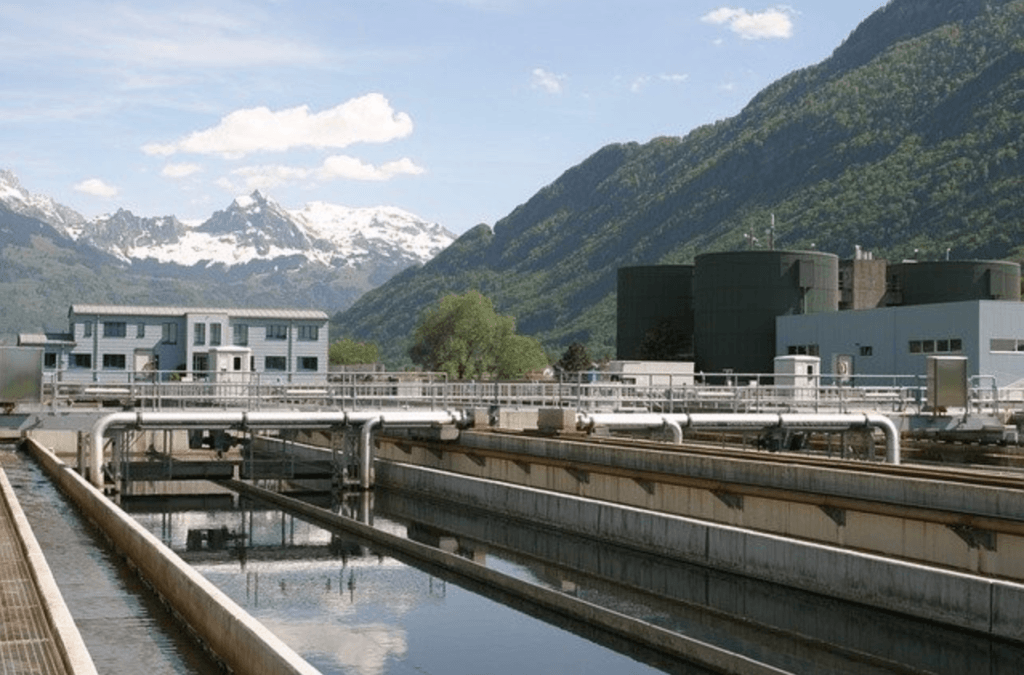
City water is delivered to your home from different sources, including lakes, rivers, and underground water. Before reaching its final destination, which is your house, this water goes through filtration systems.
Different chemicals may be added to purify it, kill the germs, and to improve mineral status. By going through this process, dirty and unsafe water becomes clean and safe for human consumption.
The city is responsible for installing pipes across its area, and they also conduct the maintenance work related to it. Having the city handle all the logistics and maintenance is appealing to homeowners, especially in developed areas.
Like well water, city water comes with different advantages and disadvantages.
City Water Pros
Key city water advantages are:
- Cheaper maintenance
- High availability
- Regular testing ensures safety
- Added nutrients that were lost due to the filtration process
- Severe drought may cause a reduction in supply, but your city is unlikely to run out of water
- Easy to use and to connect to the system
Some say that city water will never be as good as well water, but that is not entirely true. People living in large cities use city water, and there is nothing wrong with it. In some cases, it may even be cleaner and healthier than well water. If you do not like the taste or have doubts about quality, there is always an option to install a water filtration system in your house. You can also ask for additional testing to be sure.
City Water Cons
There are some disadvantages when it comes to city water. While connecting to the system is easy, it can cost a lot of money, depending on the main pipe’s distance. However, that is the only cost to cover. Once you are connected, there are no more additional maintenance expenses.
Having access to city water comes with some disadvantages:
- Contamination due to natural disasters
- High cost
- The city may influence distribution, and you have no control over it
- Added chemicals
- Bad taste
- It may not be available in remote areas
- Supply may be turned off if the bills are not paid in time
- Supply may be temporarily turned off for maintenance, even without prior notice
Having less control over one of the most critical aspects of your life sounds alarming, but the truth is most people can rely on city water. Maintenance works never last more than a few days, and you can always have a few bottles of water stored at home for emergencies.
Water Filtration System
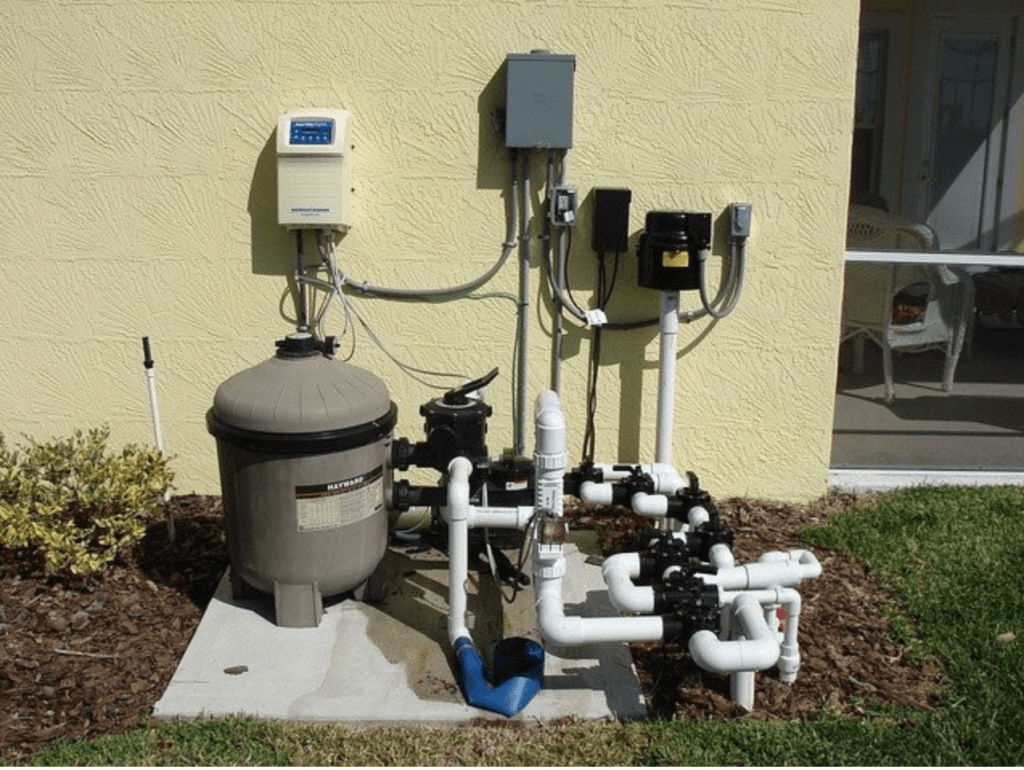
Both well and city water may get contaminated, and having a filtration system is beneficial, especially for well water. Installing one may seem pricey, but it will ensure water safety for you and your family. Those systems will remove any impurities from well water so that you can consume it. If you are connected to the city water, your filtration system will reduce the quantity of added chemicals, and the taste will be better.
Filtration is not ideal only for drinking; it is also good for your skin. Some chemicals or pollutants, and even too high mineral content may cause skin problems if you are sensitive. This is especially important if you have small children and pets.
Hard water can also cause damage to different household appliances, like dishwashers. And using hard water when cleaning various surfaces may leave ugly stains.
Even if you have a filtration system, regular testing is essential. Never rely entirely on just one water supply component.
Can My Septic System Contaminate My Well Water?
If you are like me and have a private well and a septic system in your house, you may be concerned about potential contamination of your well water.
If your septic system is not working correctly, the wastewater impurities can find its way to your drinking water. Even if your septic system has no problems, you may have potential contaminants too close to your private well.
According to the Centers for Disease Control and Prevention (CDC), minimum distances of possible contamination sources from wells are critical to prevent contamination.
The CDC recommends minimum distances from wells and the following possible contamination sources:
| Contamination Source | Distance from Well |
| Septic Tanks | 50 feet |
| Livestock yards, Silos, Septic Leach Fields | 50 feet |
| Petroleum Tanks, Liquid-Tight Manure Storage and Fertilizer Storage and Handling | 100 feet |
| Manure Stacks | 250 feet |
What to Know When Buying a Home with a Well and Septic System
We just purchased a new house with a private well and a septic system. You may also be in the market to buy a house like mine. I found the following video from the Virginia Department of Health very informative. Although the video targets Virginia residents, the information applies to most owners in most states.
Conclusion: Well Water or City Water?
In the end, it comes to your personal preference. Some homeowners like to be independent and have control over their water supply. Others think it is too much hassle and worry that they will not notice possible contamination of well water.
In my opinion, if you have the money and availability, have both. That way, one system is there to replace the other if necessary. You may use one for drinking and others for everything else. You may rely on your well to reduce monthly cost, but you can switch to the city water in case of any drought or local contamination. Having both will also increase your home’s value if you plan to sell it in the future.
For those living in clean, remote areas, close to clean water springs, in areas not affected by drought, away from large animal farms and pollutants, well water may be a better option.
If you live in a highly developed community, have a busy life and are not willing to test and take care of your water system, then the city water is for you.
Video Summary
I have created a quick video to highlight some of the pros and cons. If you like this video, consider subscribing to the House Notebook Youtube Channel.
Related Posts:
